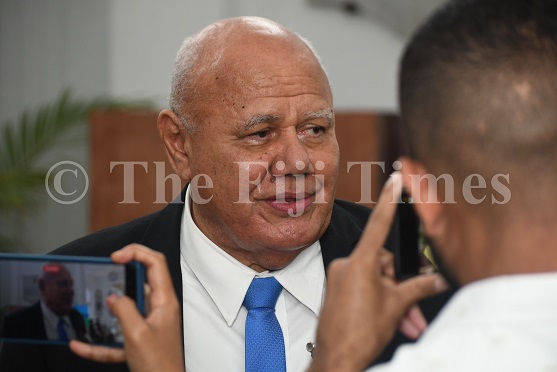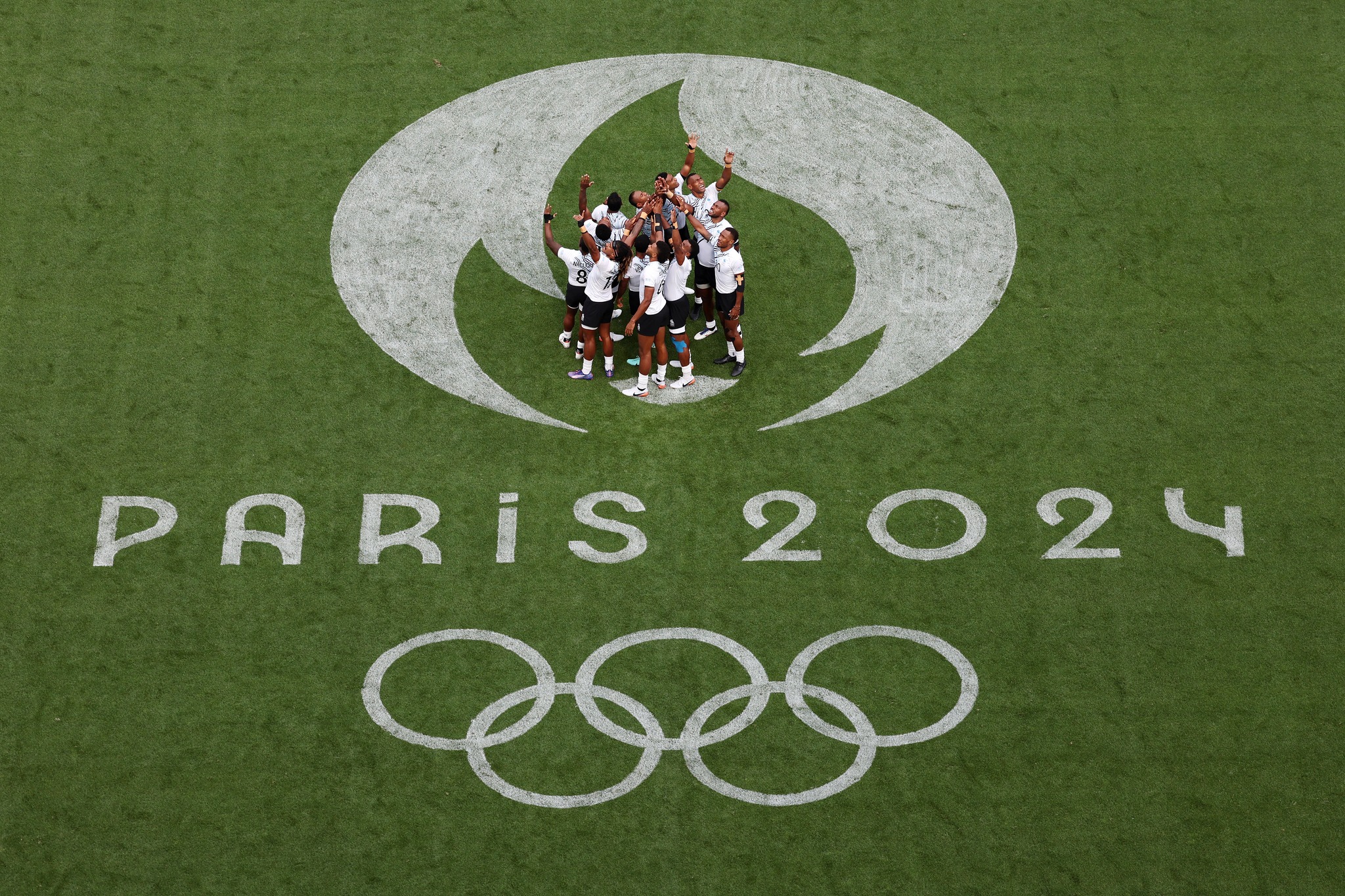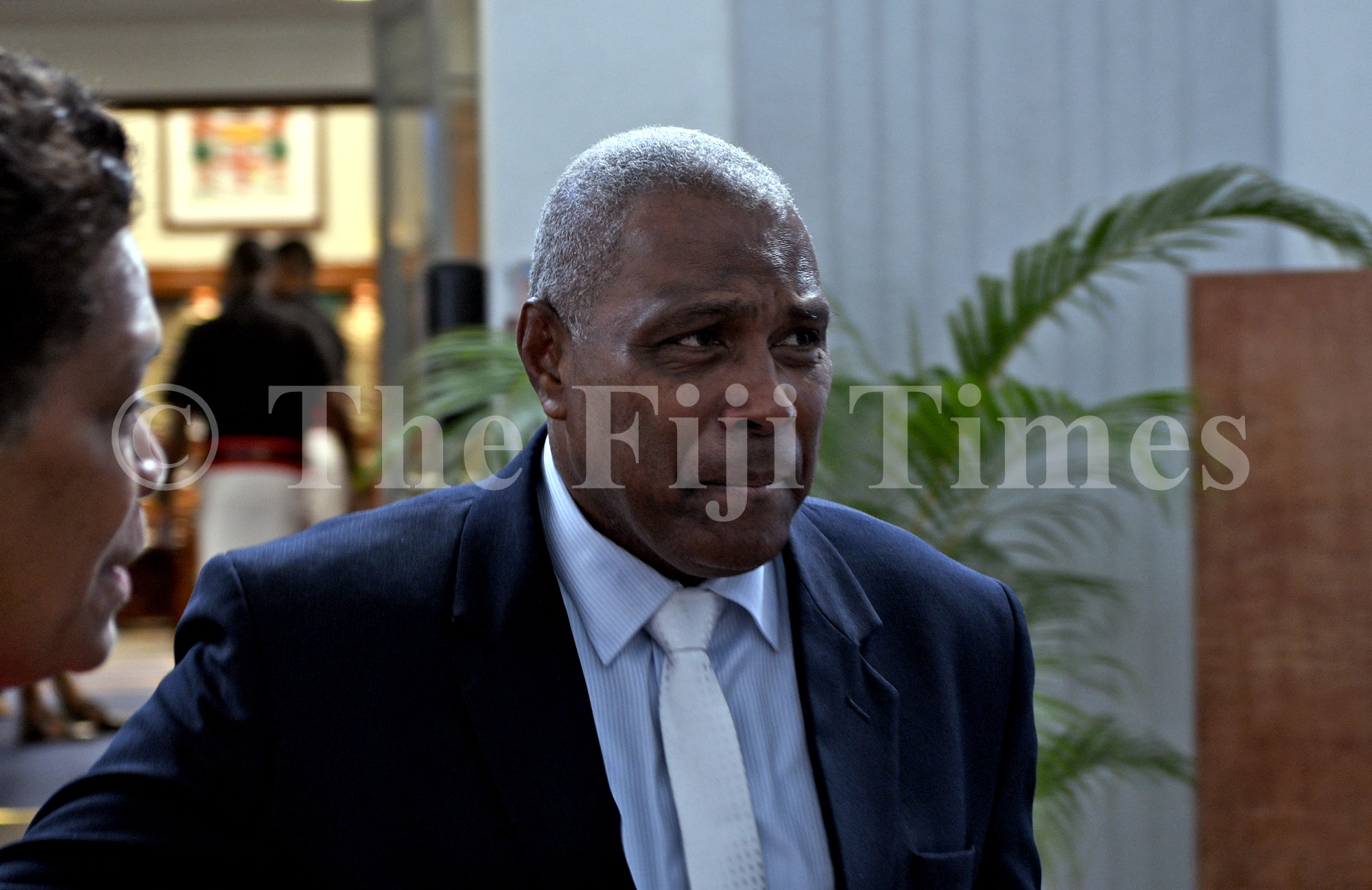Dubai/Cairo/Rafah, Gaza Strip (Reuters) -Israel and Hamas as well as Qatari mediators all sounded notes of caution on Tuesday about progress towards a truce in Gaza, after U.S. President Joe Biden said he believed a ceasefire could be reached in under a week to halt the war for Ramadan.
Hamas is weighing a proposal, agreed by Israel at talks with mediators in Paris last week, for a 40-day ceasefire, which would be the first extended truce of the five-month-old war.
Both sides have delegations in Qatar this week hammering out details.
According to a source close to the ceasefire talks, the Paris proposal would see militants free some but not all of the hostages in return for Israel’s release of hundreds of Palestinian detainees, a surge in humanitarian aid for Gaza and Israeli troops pulling out of populated areas in the enclave.
But it appears to stop short of satisfying Hamas’ main demand that any agreement include a clear path towards a permanent end to the war and Israeli withdrawal, or resolving the fate of fighting-age Israeli men among the hostages.
In remarks broadcast on NBC’s “Late Night with Seth Meyers”, Biden said Israel agreed to halt fighting in Gaza for Ramadan, the Muslim fasting month, which is expected to begin on March 10.
On Monday, the president said he hoped a ceasefire agreement would be nailed down by March 4.
At the United Nations in New York, aid officials told the Security Council on Tuesday that one-quarter of Gaza’s population is “one step” away from famine.
“Simply put, Israel must do more” to increase the flow of aid, said Robert Wood, deputy U.N. ambassador for the U.S., Israel’s longtime ally.
In an interview with the Guardian newspaper, a U.N. appointed expert on the right to food, Michael Fakhri, accused Israel of “intentionally depriving people of food” in Gaza, saying this “is clearly a war crime”.
The Israeli embassy in Washington did not immediately respond to a request for comment on the remarks.
The country has consistently rejected accusations of war crimes, saying the war in a Gaza is legitimate self defence.
‘OUTLANDISH DEMANDS’
Earlier, Israeli government spokesperson Tal Heinrich said any deal for a ceasefire in Gaza would still require Hamas to drop “outlandish demands”.
She added: “We are willing. But the question remains whether Hamas are willing.”
Qatar, which has acted as the main mediator, said a breakthrough had yet to be reached.
“We don’t have a final agreement on any of the issues that are hampering reaching an agreement,” said Majed Al Ansari, spokesperson for Qatar’s foreign ministry.
“We remain hopeful that we can get to some kind of agreement.”
Two senior Hamas officials told Reuters that Biden’s remarks seemed premature.
There are “still big gaps to be bridged”, one of them said.
“The primary and main issues of the ceasefire and the withdrawal of Israeli forces are not clearly stated, which delays reaching an agreement.”
Hamas fighters killed 1,200 people and captured 253 hostages on Oct. 7, according to Israeli tallies, triggering Israel’s ground assault on Gaza.
Health authorities in the enclave say nearly 30,000 people have been confirmed killed.
Hamas has long said it will release all of its hostages only as part of a deal that ends the war for good. Israel has said it will consider only temporary pauses, and will not end the war until it eradicates the Islamist militant group.
According to the senior source close to the talks, the draft proposal on the table is for a 40-day truce during which Hamas would free around 40 hostages – including women, those under 19 or over 50 years old, and the sick – in return for around 400 Palestinian detainees, at a 10-for-one ratio.
Israel would reposition its troops outside of settled areas. Gaza residents, apart from men of fighting age, would be permitted to return home to areas previously evacuated, and aid would be ramped up, including urgent housing supplies.
In Rafah, where more than half of Gaza’s 2.3 million people are now sheltering on the southern edge of the territory, Rehab Redwan despaired at the prospect of a temporary truce leading only to a re-eruption of fighting.
The war’s only ceasefire so far collapsed in November after just a week.
“We hope it will be a permanent ceasefire. We don’t want to go back to war because war after the first truce destroyed us and destroyed our houses,” said Redwan, who fled her home in Khan Younis and is now living in a roadside tent.






